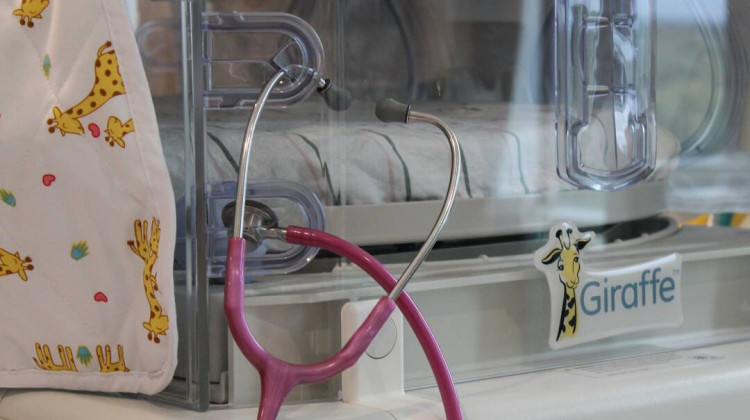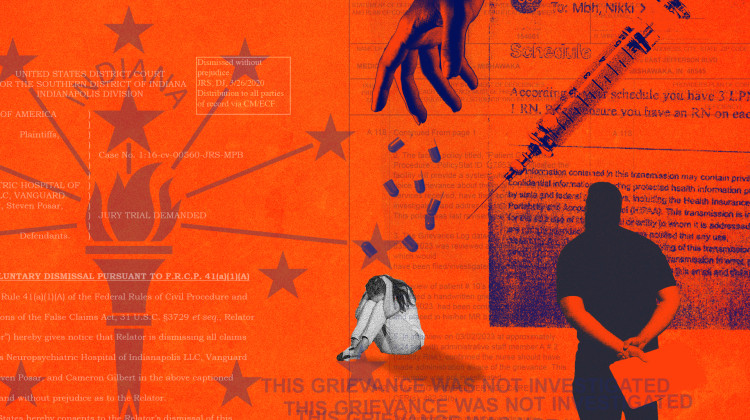INDIANAPOLIS (AP) — Indiana's largest hospital system says it's freezing its prices through 2025 to help align with national average prices at a time when it faces criticism for charging the highest hospital fees in the Indianapolis area.
Indiana University Health said Thursday that it will hold prices flat for the next four years for all commercial payers — the insurance companies that offer health plans, chiefly through employers.
The Indianapolis-based health system, which operates 16 hospitals around the state, said it began implementing the plan earlier this year. But it did not lay out details until this week, when it began hosting a series of end-of-year community meetings to explain prices — a requirement that went into effect this year under a new law.
IU Health officials said the plan should get its prices more in line with the national average and save patients and employers more than $1 billion over five years.
The hospital system is rolling out its price freeze in the face of growing criticism that its prices, profit margins and cash reserves are too high, and cause financial hardship for patients and employers, the Indianapolis Business Journal reported.
A study last year by the RAND Corp. found that IU Health is the most expensive hospital system in central Indiana, charging private health plans 333% of what it charged Medicare. Statewide, it was the second-most expensive, behind only Parkview Health System in Fort Wayne, which charged 388% compared to Medicare.
A grassroots group, Hoosiers for Affordable Healthcare, has been pushing IU Health to lower its prices, not just freeze them, pointing out that the health system had $8.9 billion in cash and investments as of Sept. 30. The group also wants the health system to accelerate its schedule to achieve national parity by Jan. 2, 2024, not Dec. 31, 2025.
“Charging patients prices that dwarf the national average does not improve the health of a community. Instead, it unnecessarily burdens every Hoosier healthcare consumer with exorbitant and indefensible fees for care,” Al Hubbard, chairman of consumer group, wrote in letter to IU Health officials on Dec. 9.
Hubbard, a former chairman of the Indiana Republican Party, added that “we find it incredulous and disappointing that a not-for-profit hospital system that generates $1 billion dollars annually in earnings and boasts a $9 billion cash reserve is not willing to lower its prices.”
IU Health officials defended the hospital system’s large cash holdings.
Jenni Alvey, the hospital system’s chief financial officer, said that strong, not-for-profit health care systems need to carry about a year’s worth of cash on hand, “and that’s close to $7 billion for us.”
She said IU Health also wants to make sure it has money to pay for major building projects, including its expanded downtown Indianapolis campus around the existing Methodist Hospital, which will expand the footprint by about 44 acres.
“We plan to spend more than $3 billion in the downtown Indy area in the next few years, so that will explain some of our cash and investment balances as well,” Alvey said.
IU Health has said its prices were flat from 2020 to 2021 and rose by only 2.4% from 2019 to 2020. It said its ongoing price freeze could take between three to seven years to help it achieve national parity on pricing, so it has chosen five years as the most likely timeframe.
 DONATE
DONATE







 Support WFYI. We can't do it without you.
Support WFYI. We can't do it without you.